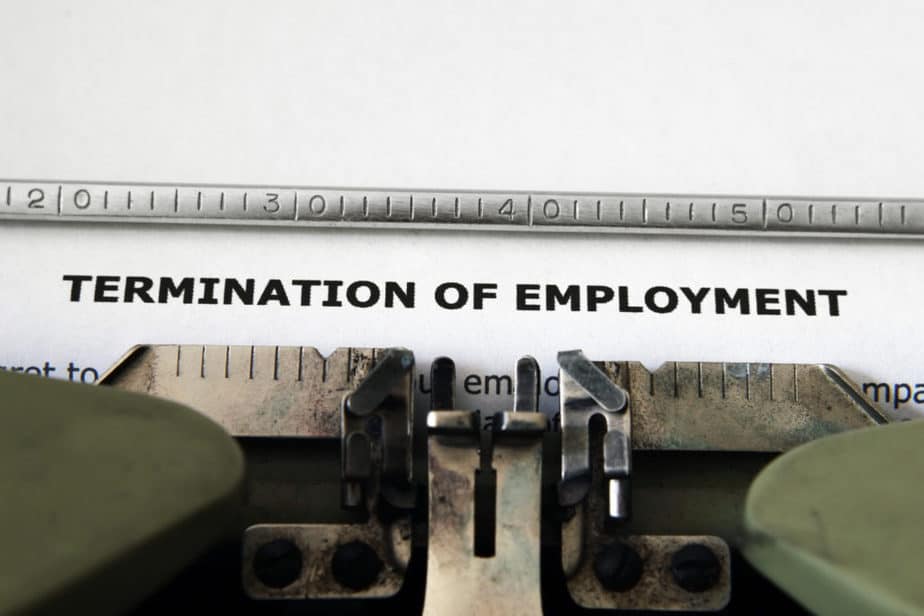
If you’ve ever worked at a formal job, most probably, you will be aware and scared of something called a “no call no show.” If you’re an employer, you would know this most probably out of frustration on your employees. Either way, it is something to be bothered about in a job. Here, let’s know about the No Call No Show Termination Policy.
Everyone is aware of leaves, and taking one even if it seems like a daunting task, is the better way out. If you as an employee don’t ask or inform about a leave, the way out for you is the no-call no-show policy, which can be more terrifying than asking for a leave. As for all you employers, the no-call no-show can be a frustrating situation but there is a way out there for you all too. The solution is a no-call no-show termination policy. Yes, you heard it right. Read on to find out more about it, and save yourself from further trouble.
What is No-Call No-Show?
In simple and informal terms, a no-call no-show is when you ditch someone. But you’re working in a job setting and you need to be formal, so you call it a no-call no-show. It means that an employee does not show up for work and does not inform about their absence before it. A policy about no-call no-show deals with the medium of informing, the detail required about the reasons, the time in advance in which the reason has to be given, and the like. Some firms also specify the number of no-call no-shows allowed after which an employee can be terminated. A lot of companies do not have a no-call no-show policy which can harm their productivity and employee engagement in the long run. It is thus advisable to have a no-call no-show policy and handle the employees accordingly.
How To Identify a No-call No-show?
The first and the most obvious step in identifying a no-call no-show is just what it says. If an employee does not show up for work and has not informed the employer about the reasons whatsoever, then the employee is probably on a no-call no-show. However, there are times when the no-call no-show is justified or at least can be explained without any loss of dedication towards work. And yes, there are other times when the employees just wish to relax a bit, when they don’t appear for work. An employer must be able to distinguish between these and should consider genuine no-call no-shows. To make that simpler, here are a few cases of either of the situations.
Invalid excuses
- I was feeling sick (unless there is a genuine sickness told)
- I missed my bus/train/metro
- I lost my keys
- I had a terrible hangover
- I slept through my alarm and it was too late by then
And there are many more excuses like these. Employers need to understand that although these situations might be true, they are situations that can be communicated and can be worked around to still reach up for work.
Valid excuses
- Family emergencies (death of a loved one, accident, etc)
- Appointments that have no option to be rescheduled
- Chronic illnesses
As you can see, these are genuine emergencies and situations where a person might not be in the correct headspace or have the physical ability to be able to even call and inform, let alone show up to work. It is these situations that employers need to consider and let go without any consequences.
Other Options Of No-call No-show Policy
If as an employer you are having trouble with employees who regularly don’t call and don’t show, it is beneficial for you to establish a no-call no-show policy. However, that is just one step. If you need a healthy relationship between you and your employee, while tackling no-call no-show employees, there are other ways to do the same.
- Attendance Rules – Yes, a no-call no-show policy is a form of attendance rule. However, if you want a friendlier method flexible attendance rules can work. These rules might include
- What it means to be late and absent
- What no-call no-show means for your company
- Difference between excused and unexcused absences
- A tracking method for attendance
…and more
- Work On Your Schedules – You don’t want employees to be lazy with their work. But if there is an increasing number of employees not showing up for work, you might want to work on your schedules. Try scheduling shifts for your employees that might not make it hectic for them. Try giving a thought to your work hours and also make it easier for employees to request time off.
Conclusion
A no-call no-show is a situation where a person does not show up for work and does not inform the employer about it either. A no-call no-show policy defines the rules for taking leaves, the medium of informing, and the amount of no-call no-shows one can take before they get terminated. However, there are some situations where the employer can consider letting the no-call no-show off the hook. Employers can also look for other options along with the no-call no-show policy such as setting up flexible attendance rules and working around the work schedules.
